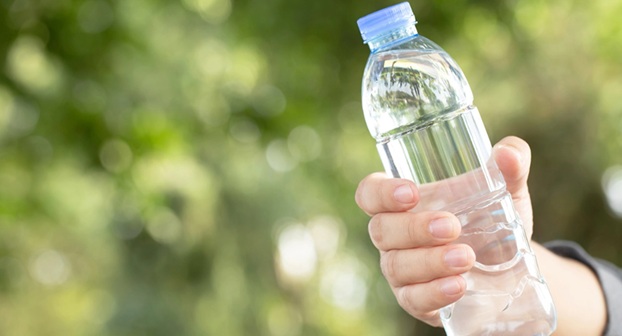Nano Plastic in Drinking Water
Drinking water from plastic bottles may transport microscopic plastic pollutants into the body. In the past, scientists have tried to warn of the dangers of the global spread of “Microplastics” or plastic particles with diameters ranging from 100 nanometers to 5 millimeters after microplastics were discovered in places as remote as the summit of Mount Everest and in the world's deepest ocean trenches.
The study used newly developed laser technology invented by a Colombian biophysicist. This makes it possible to detect that in 1 liter of bottled water there are "nanoplastic" pieces or small plastic particles that are the result of plastic waste disposal, with diameters ranging from 1 nanometer - 1 micrometer. Simply put, they have a size Even smaller than microplastics. The number is approximately 240,000 pieces.
With an extremely small size nano plastics can then move through the intestines and lungs into the bloodstream. Including accumulating in the heart muscle. and other organs such as in the brain and even enters the fetus' body through the placenta, increasing the risk of cancer and affecting important organs such as the kidneys, liver, heart, and reproductive system. and nervous system. The researchers emphasize that they are not opposed to drinking bottled water. But it is recommended to look for other alternatives such as drinking tap water.
With an extremely small size nano plastics can then move through the intestines and lungs into the bloodstream. Including accumulating in the heart muscle. and other organs such as in the brain and even enters the fetus' body through the placenta, increasing the risk of cancer and affecting important organs such as the kidneys, liver, heart, and reproductive system. and nervous system. The researchers emphasize that they are not opposed to drinking bottled water. But it is recommended to look for other alternatives such as drinking tap water.
